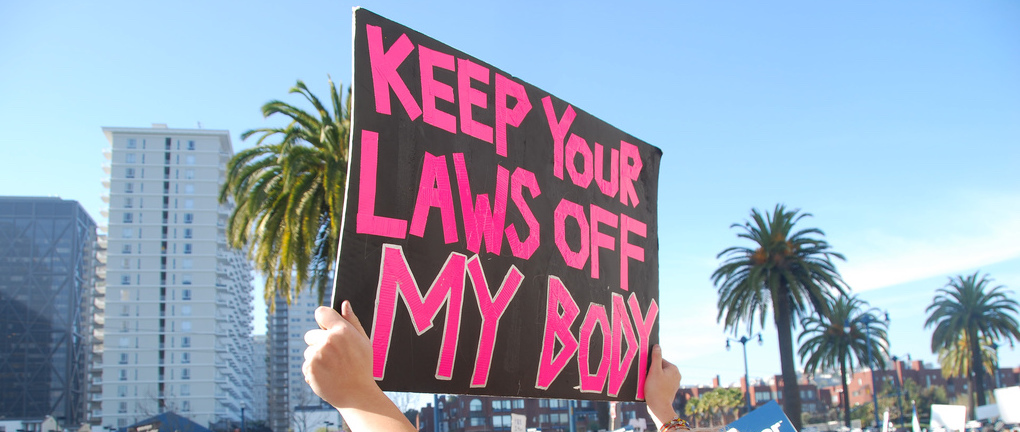A few years ago I read an online exchange between two self-described Christians that has lingered with me as a good summary of our cultural moment. One of the speakers identified as bisexual, but also as a Christian, and was arguing with more traditional Christians about sexual ethics. During one exchange, one such commenter asked her to provide a coherent moral argument for why Christians should change their beliefs about sexuality and marriage. Her response was simple: “My existence is not a moral argument.”
Login to read more
Sign in or create a free account to access Subscriber-only content.
Topics:
